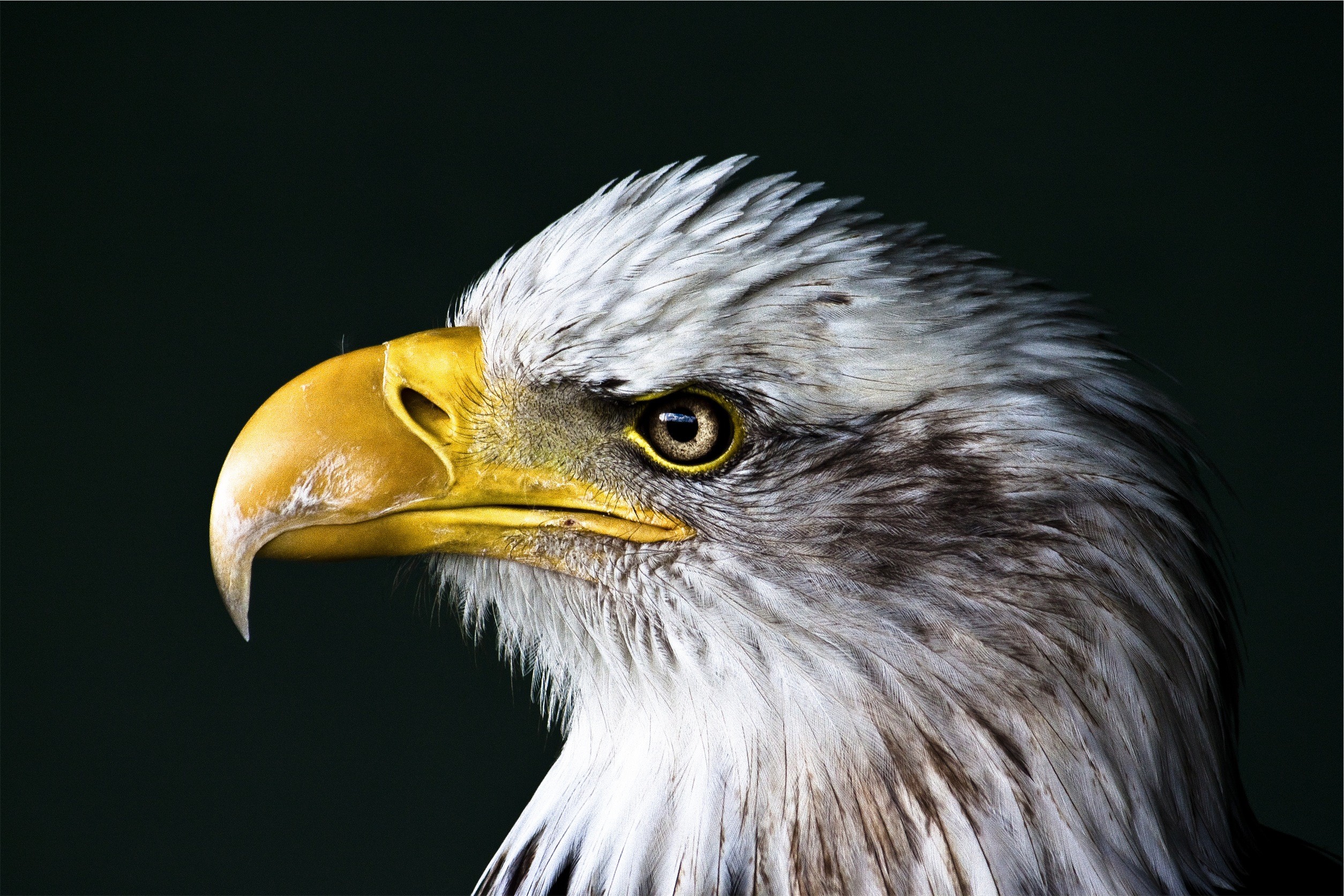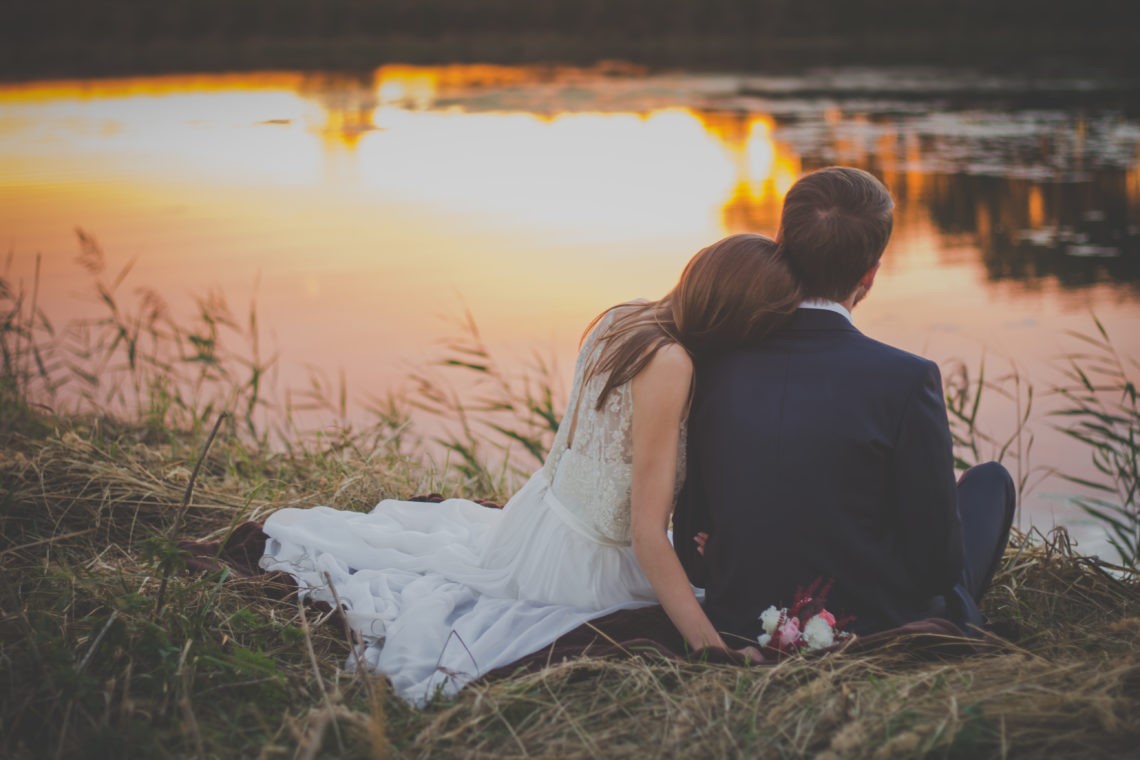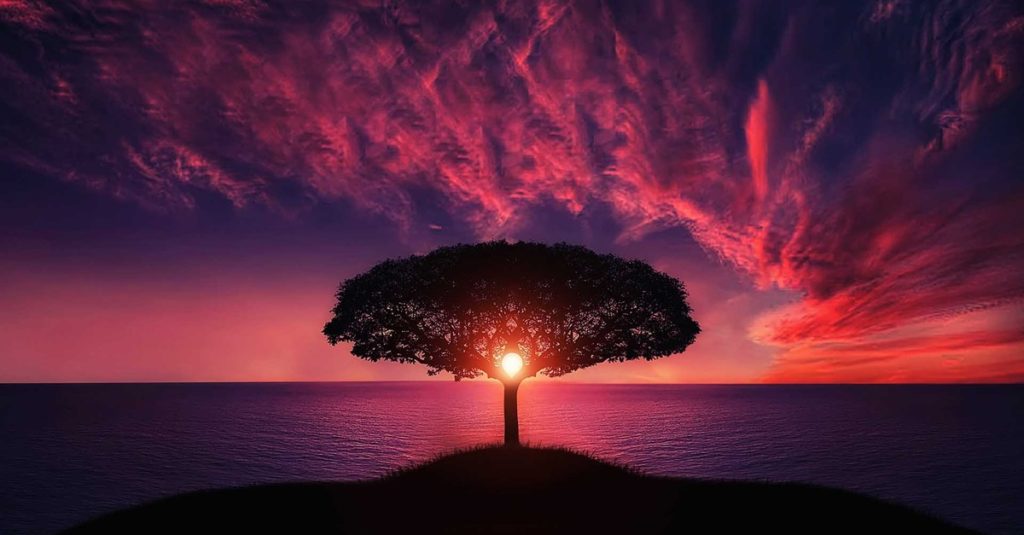Featured on Elephant Journal
“Strength doesn’t come from physical capacity. It comes from an indomitable will.” Mahatma Gandhi
Willpower is probably the most critical capacity we have within our powers. It is more important than intelligence, physical beauty, and even personality. People who control their emotions, their actions, and their focus are more likely to be happier, healthier and achieve more in their life.

As our Brain evolved, the new part—the prefrontal cortex, developed on top of the old limbic impulsive one. Within this prefrontal cortex lies our capacity of willpower, and there are three components here:
• “I will”-this is when you need to do something. E.g., I will get to run three times a week as part of my training program.
• “I won’t”-this is when it’s important to say NO. E.g., I won’t go out on Saturday before my Sunday long Run.
• “I want”-this is the self-awareness to remember your end goal or what you want. E.g., I have the big picture in mind that I am training for a marathon to be able to decide when I say I will and when I say won’t.
Here are several ways that we can improve our willpower:
1.Focus on one task at a time
“Concentrate all your thoughts on the task at hand. The sun’s rays do not burn until brought to a focus.”-Alexander Graham Bell
Unfortunately, Willpower is not something that we have infinitely and as such we must use it effectively, or it loses its inherent power.
The constant distractions-the Internet, email, social media and the general speed of things that happen to us have hampered our ability to focus. Multitasking sounds great, but the most successful people and the best results are obtained by those who focus on one thing at a time.
2.Self-belief
“Three things are necessary, first, backbone; second, backbone; third, backbone.”- Charles Sumner
We need to believe in ourselves as powerful creators and remove all self-doubts within us that tell us we are not capable. This belief that we are enough and able to do what we aspire to do is crucial for us to maintain our willpower.
3.Persistence
“Success requires persistence, the ability to not give up in the face of failure. I believe that optimistic explanatory style is the key to persistence.”-Martin Seligman
Persistence is the most important trait to have when staying on the path to a goal. Rarely do things pan out as planned, and there will be many temporary failures on the way, but it’s the people who have grit and real belief in their end goals who usually achieve them.
4.Meditation
There is growing evidence in Neuroscience that people, who regularly meditate have stronger willpower than those who don’t. They are better at focusing their attention, impulse control, and self-awareness. Meditating builds our mental muscles, just like when we go to the gym and build our chest and bicep muscles.
5.Response-Mode
When a challenge or a critical moment arises, then take a few seconds to respond. Take a few long deep breaths and completely relax yourself. Look at the complete picture of things and react accordingly.
Here our prefrontal cortex will communicate the need for self-control to our lower brain regions that regulate our heart rate, blood pressure, breathing, and other automatic functions.
In this mode, you have a better chance of making the right decision without being impulsive or getting emotional.
It’s the complete opposite of the “fight-or-flight” response which is helpful in certain situations when something or someone threatens our life.
6.Exercise
Exercise is the closest thing to a super drug that is readily available for everyone, and it’s free. Working out also relieves ordinary, everyday stress, acting like an antidepressant. It makes your brain bigger, faster, and more powerful. It will also make you healthier and so pave the way for you to focus better and longer on a given task.
7.Build willpower with Small exercises
We can commit to small consistent acts of self-control—not looking at our smart-phones for 60 minutes, walking with good posture and limiting our coffee intake to one cup a day.
These may seem inconsequential, but they improve overall willpower, and we get into the habit of being more mindful of our choices. We learn to pause and then choose the most difficult way rather than the easy one.
8.Stress-relief strategies
Choose the most effective stress-relief strategies that work for you. E.g., Running, Reading, Writing, Yoga, Painting, Prayer, Journalling
These strategies boost our moods enhancing brain chemicals like serotonin and oxytocin and so induce the healing relaxation response while shutting down the brain’s stress response.
These differ from the quick fix strategies like Internet, watching TV or alcohol, which release dopamine and usually gratify us instantly but leave us with a feeling of let down afterward.
9.Self-Compassion
Love thyself is the key to greater willpower. We are much better served by being kind and supportive to ourselves rather than indulging in self-pity and self-loathing acts especially in the face of stress and failure.
Forgiveness rather than guilt will help get us back on track and closer to our goals. Encouragement will strengthen our willpower and resolve the negative inner voices that drain our motivation.
10.Pre-Committing
Pre-commitment is when you leave yourself with little option to do something or not to do something. You make the conditions as convenient as possible so as not to fail in what you want to achieve. E.g., Brush your teeth right after dinner to avoid snacking late at night.
Or to make any negative behavior as inconvenient as possible E.g., many writers disable the Wi-Fi capability of a laptop when writing to avowing surfing the Internet.
In her famous book The Willpower Instinct, Kelly McGonigal gives us a brilliant example of how pre-commitment works. She explains how in 1519, Hernan Cortes conquered Mexico by ordering his men to “burn their ships.” He knew that when they faced their first battle, the crew would be tempted to retreat if they knew they had the option to sail away. So according to legend, this act of pre-commitment left his men with no choice but to go forward. After burning their ships, they had no safety net, no escape plan and the only way out was to win their battles.
11.Clear Boundaries
If we are clear about our expectations, then it becomes much easier to exercise our willpower. Set clear boundaries on how you want to use your self-control and on the outcomes that you want. Then focus your energies solely to stay within them.
E.g., I will save a thousand dollars every month towards my children’s education fund.
This example gives a clear boundary for us to use our willpower as against saying I will save some money towards my children’s education fund.

 When you See Love with All your heart you shall find its Echoes in the Universe-Rumi
When you See Love with All your heart you shall find its Echoes in the Universe-Rumi

